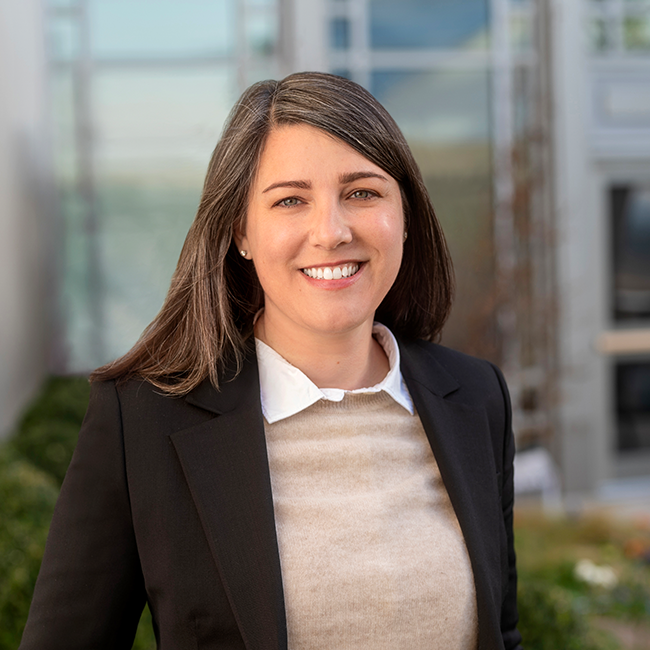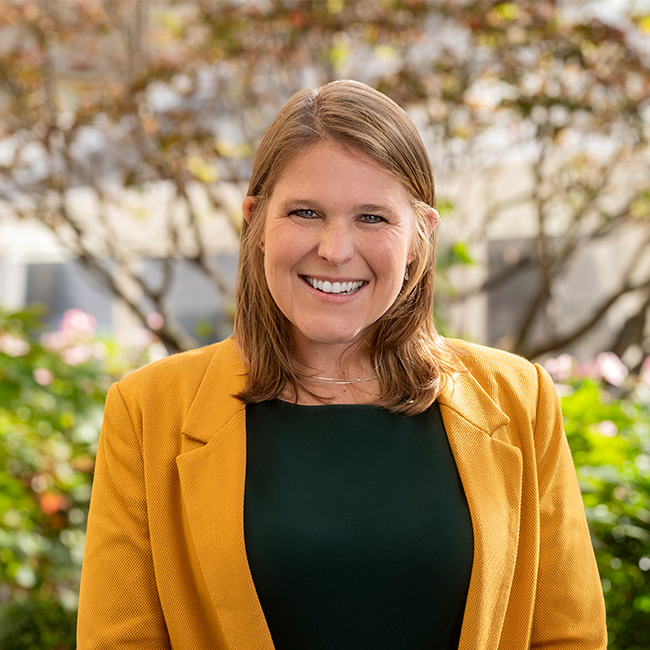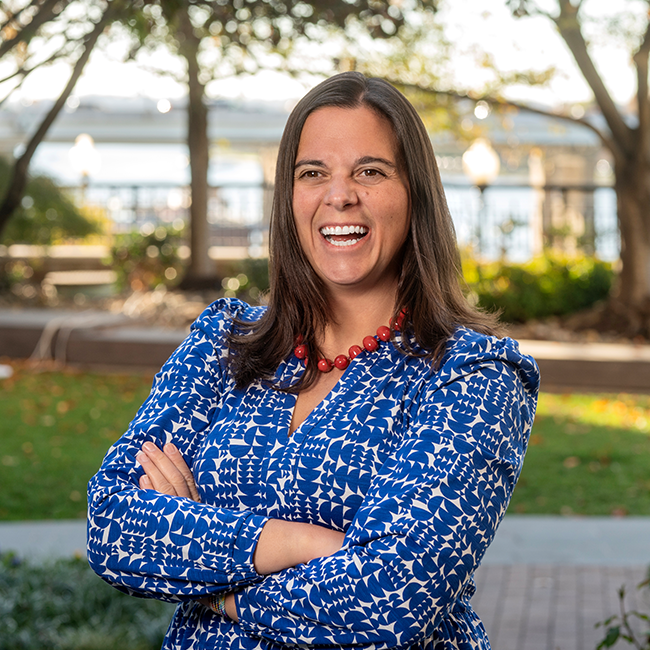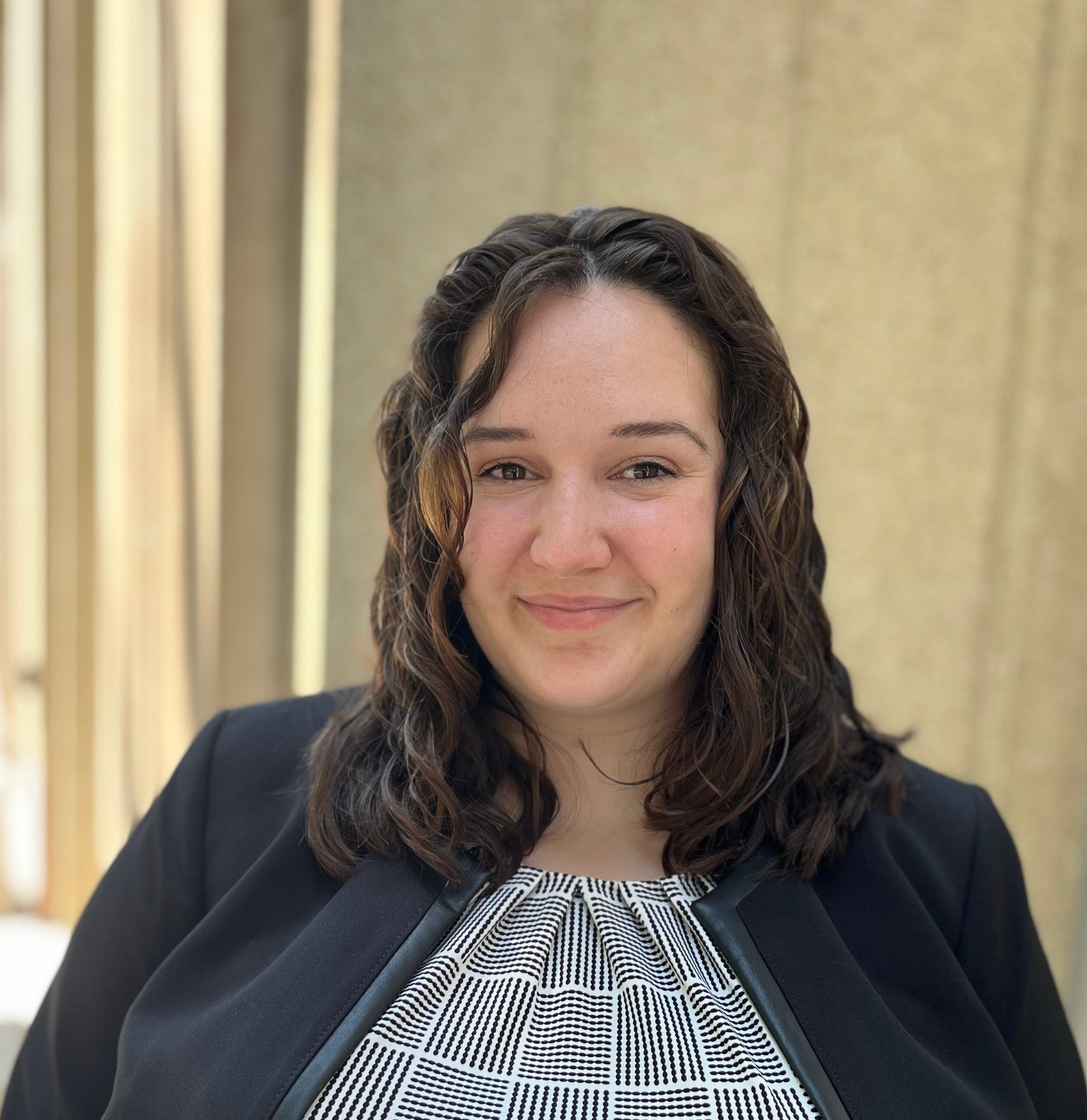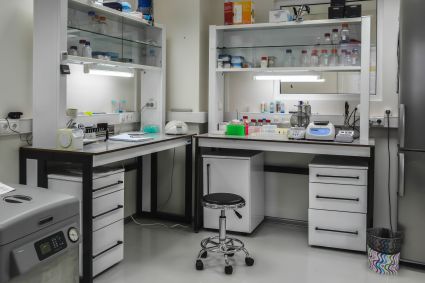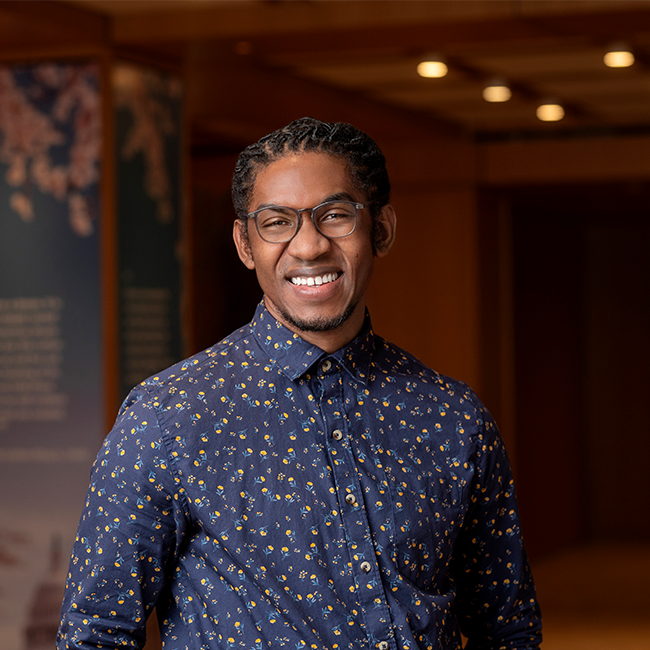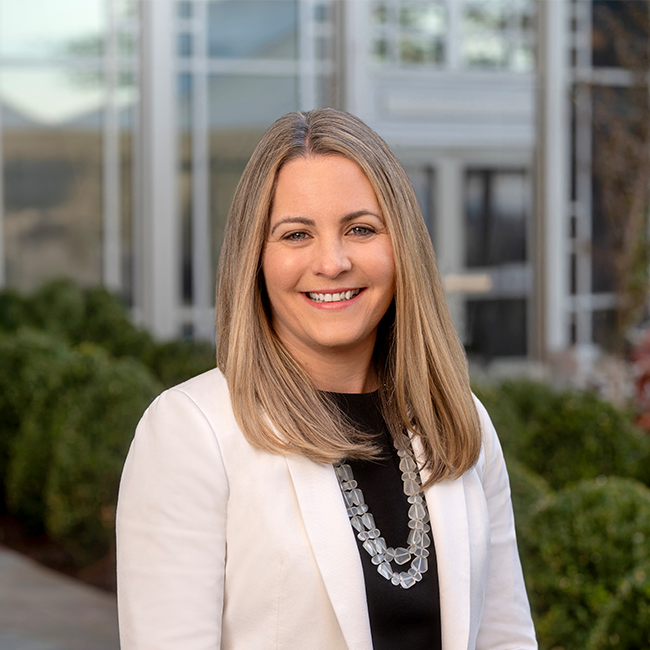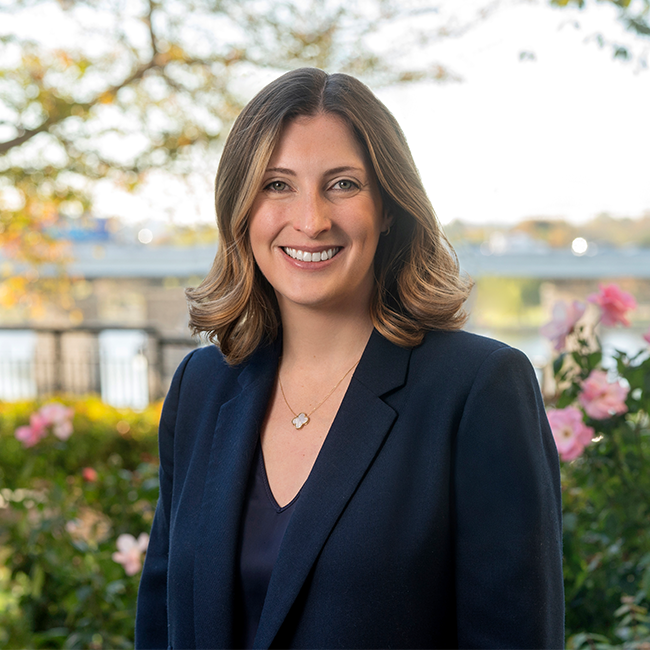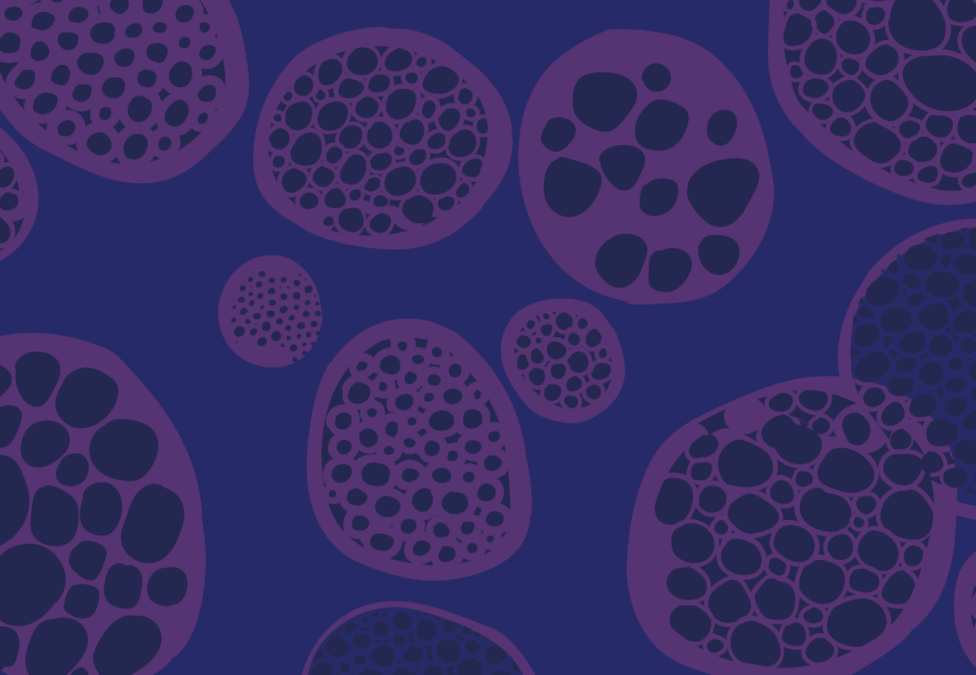
The Ann Theodore Foundation and the Milken Institute are pleased to announce the five research teams selected to receive funding for research to advance understanding of the underlying biology of sarcoidosis, a poorly understood immune dysregulation condition. Over $3 million has been awarded to researchers representing five institutions in the United States and Europe. Research studies will run for two years. Researchers will present their findings at an annual retreat and publish them in an open-access journal.
Lindsay Celada, PhD, Baylor College of Medicine
Celada’s project is investigating the role of two groups of immunological cells that are dysregulated in pulmonary sarcoidosis. A specific molecular pathway may lead to more severe cases of sarcoidosis, and the research group will explore this using cells from sarcoidosis patients. Understanding which sarcoidosis patients will develop severe symptoms has been a longstanding challenge in sarcoidosis, and this project could be a significant step in stratifying patient risk.
Shu-Yi Liao, MD, National Jewish Health
Liao’s project is focusing on understanding sarcoidosis small fiber neuropathy, which causes chronic pain in sarcoidosis patients and has proven difficult to track and treat. The research group seeks to study the metabolism of people living with this condition to find molecular biomarkers that can be associated with their existing clinical information. This project could help the field better assess and take care of individuals living with sarcoidosis small fiber neuropathy.
Landon Locke, PhD, Ohio State University
Locke’s project is examining how granulomas, the hallmark of sarcoidosis, can address immunological threats. While sarcoidosis can be debilitating, the granulomas that form could provide some protection against other threats, like bacteria. Using biological samples from individuals living with sarcoidosis, Locke’s team will study how sarcoidosis granulomas impact bacteria’s ability to multiply and examine a specific molecular pathway that may be involved in the process. This project can potentially reveal how granulomas form and how they interact with certain biological threats.
Jonas Schupp, MD, Hannover Medical School
Schupp’s project will develop a molecular “atlas” for sarcoidosis, which will map gene activity at the cellular level in samples from individuals living with sarcoidosis. The team will use samples from a variety of organs afflicted with sarcoidosis and compare them to other granulomatous conditions. The group plans to make this atlas a free online tool for other researchers. This tool would not only strengthen understanding of the differences between sarcoidosis in various organs and other conditions but also provide a powerful resource for the field.
Thomas Weichhart, PhD, Medical University of Vienna
Weichhart’s project is making use of a mouse model of sarcoidosis and patient samples to understand how a specific protein that integrates environmental signals, metabolism, and immune responses, mTORC1, promotes granuloma formation. The team will examine gene activity and immune cell responses using these approaches and assess sarcoidosis severity across several organs in the mouse. This project could help tease apart the complicated steps that lead to granuloma formation in sarcoidosis, potentially indicating a therapeutic target.







